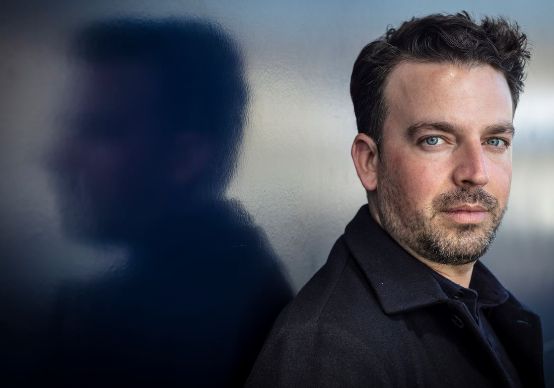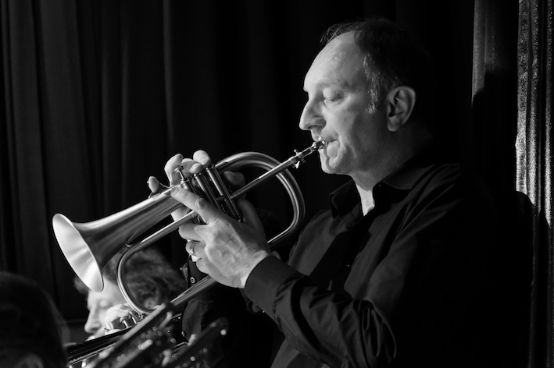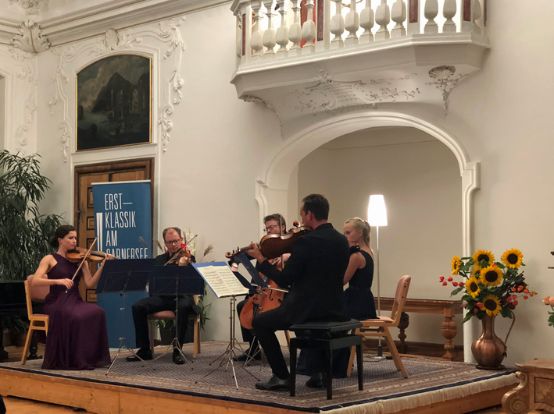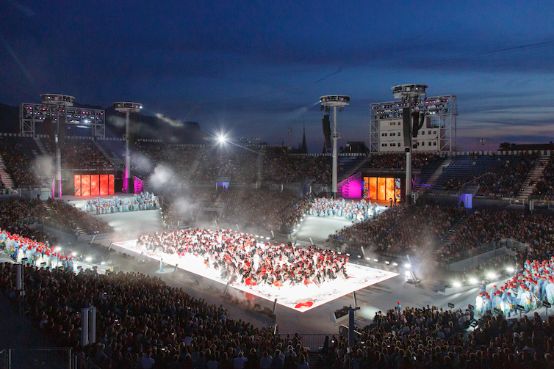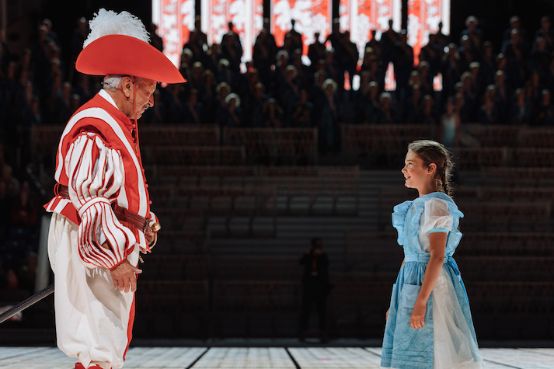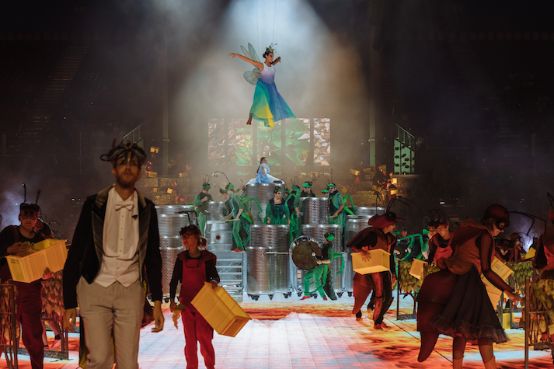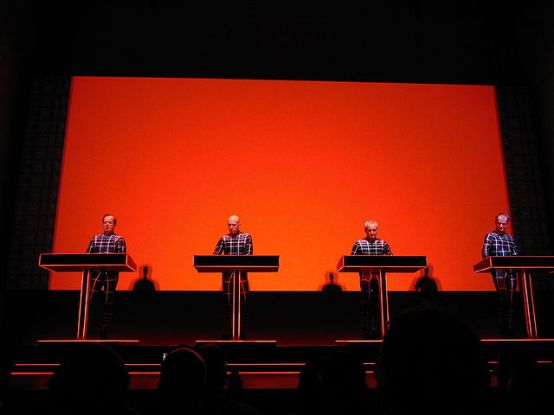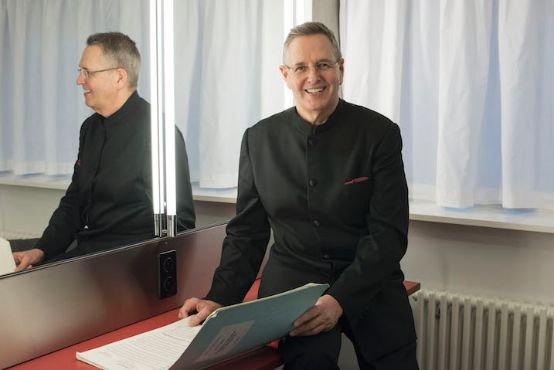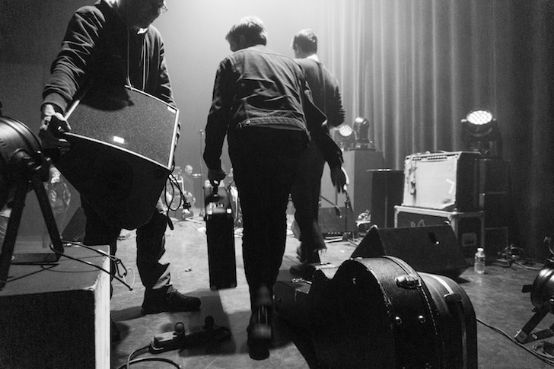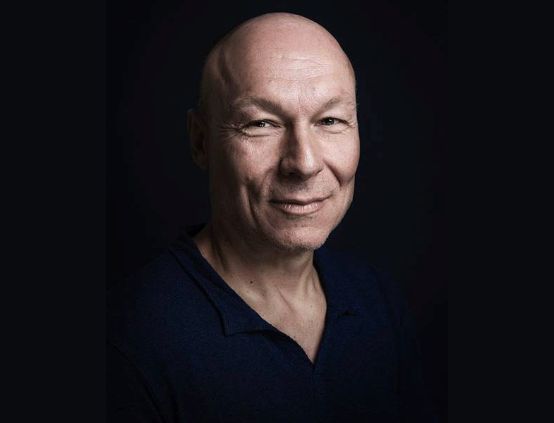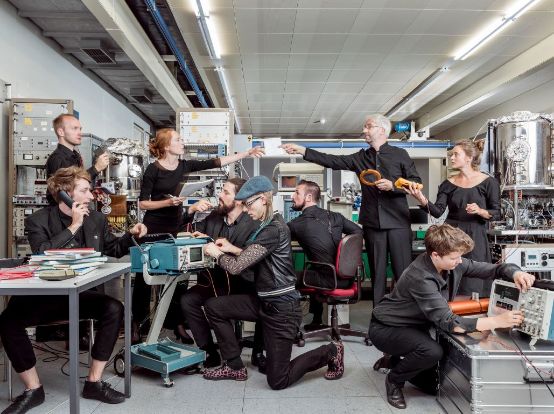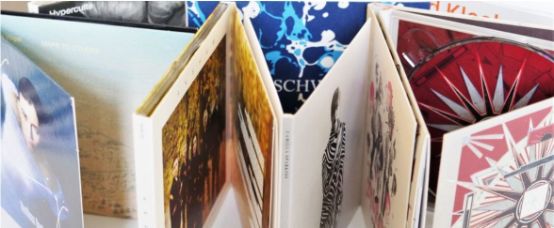Four commissioned compositions for a milestone birthday
The aulos Symphonic Wind Orchestra from Switzerland is celebrating its 30th anniversary and is giving itself a special gift: four commissioned compositions. In addition to three works by Swiss composers, the "Aulos Symphony" by José Suñer-Oriola will be premiered in the fall.

The ensemble has also been well-known in the European wind music scene since the Dutchman Johan de Meij conducted the aulos on its 20th anniversary ten years ago at the latest. In recent years, the orchestra has worked with renowned conductors such as Ivan Meylemans (2017), José Rafael Pascual-Vilaplana (2012 and 2015) and Jan van der Roost (2014) and has regularly premiered works composed especially for the orchestra. Bert Appermont (2011, Symphony No. 2 Golden Age), Thomas Doss (2013, Horn Concerto Gjallarhorn) and Oliver Waespi (2015, Out of Earth) have written for the aulos. After a break of three years since the last commissioned work (Olivier Truan 2016, tuba concerto Second Wind), the aulos management has now commissioned the three Swiss composers Benedikt Hayoz, Daniel Schnyder and Fabian Künzli to each compose a work of around 10 minutes in length. But that's not all. The second part of the concert includes another commissioned work whose title more than does justice to the occasion. The Spaniard José Suñer Oriola has entitled his 4th Symphony quite simply Aulos Symphony baptized.
The creation of an orchestra
José Suñer-Oriola is one of the most promising young Spanish composers. He is a professor at the Valencia Municipal Wind Orchestra and conductor of the Albuixech Wind Orchestra. His compositions are played in many countries in Europe and America as well as in Australia, Japan and China.
As the name suggests, Oriola's 4th Symphony revolves around the aulos - in at least two respects. The main theme is a play on the letters of the word "aulos". Oriola has also based the theme on the orchestra. The first movement is dedicated to the birth and development of the orchestra, while the creative creation of ideas is musically realized in the second movement. After a calm third movement, the final movement is dedicated entirely to the festive occasion for which the symphony was written. As a tribute to the orchestra's origins, the composer has even included a reference to a traditional Swiss song.
The aulos is a project orchestra with around 70 members who come together for an annual concert tour. The semi-professional orchestra consists of around 70% professional musicians and music students. The aulos is only able to cover the large financial outlay for its elaborate projects thanks to the support of its own members and many private and public donors. A crowdfunding campaign was even launched for the anniversary, successfully raising the money for Oriola's symphony. For long-time aulos President Caroline Krattiger, the ensemble is "an affair of the heart", as she says herself. She has been involved in the organization with great dedication for 20 years and has also worked as concertmaster for many years. "I'm really looking forward to the double anniversary and am very proud of the development of the aulos. It's not often that a wind orchestra is allowed to premiere a symphony named after it".
Recycling with a difference
For the aulos music commission, it was important to find a good mix between well-known and unknown composers and between Swiss and foreign composers when selecting the composers for the commissioned works, says Caroline Krattiger. Three local artists were commissioned with shorter works and Oriola with the symphony. Benedikt Hayoz from Fribourg came up with an unusual theme for his composition. In his approximately 10-minute work Recycling as the name suggests, music is recycled. Hayoz uses existing music - music that he likes and inspires him - as material to create something new. The sequences were rearranged and cast in a new musical form. The original is sometimes more recognizable and sometimes less. With this work, the composer wants to show how different musical styles and characters can be brought together to create something new that can also be perceived as a unity. The first of the two movements deals with a highly topical subject: the speed of digitalization. According to Hayoz, the second, calmer movement is a plea for the concerto. Hayoz also plays with tonal effects. For example, he will have several clarinet quartets play a chorale "off-stage" in the concert hall.
Two more Swiss compositions
In addition to Hayoz, the young composer Fabian Künzli and the already internationally renowned Daniel Schnyder have also written a work. The latter has chosen an animal as the model for his commissioned work. The Elephant This is represented by the low instruments. According to the composer, the work is rhythmically very heavy and has Latin American and African roots. The aulos also contains jazzy elements. Schnyder, who has lived in New York for many years, is one of the most frequently performed Swiss composers of his generation. The integration of different musical styles - from jazz to classical and new music - is an important feature of Schnyder's work. In the field of wind instruments, he has written solo concertos for bass trombone and trumpet, among others.
Unknown in comparison to Schnyder, but no less promising is the young composer Fabian Künzli from eastern Switzerland. He has a special connection to the aulos, having been an active orchestral musician himself for several years. In his work Prism he wants to fan out the music, similar to the fragmentation of light in an optical prism. According to the composer, the focus is on transformation, the growth of new ideas from existing ones. Künzli also works with microtonality in his composition.
Under Swiss management
After mostly inviting foreign guest conductors in recent years, this year the aulos is playing under the direction of a Swiss conductor. "This was also a conscious decision by our music committee," says Caroline Krattiger. "After the last ten years with many international conductors, we deliberately wanted to go 'back to the roots' and opted for a Swiss conductor in 2019." And so Blaise Héritier, who conducts the top-class wind orchestra from Siebnen, will be at the conductor's desk for the anniversary. He currently also conducts the Ensemble de Cuivres Jurassien and the Ensemble Vocal EVOCA, a symphonic choir with 80 singers. Héritier is President of the Music Commission of the Swiss Wind Music Association and is dedicated to orchestrating classical and contemporary works for wind instruments and percussion. In 2013, he was even appointed ambassador for the canton of Jura.
This year's soloist David Rufer (trombone) is also from Switzerland. Harvest by American composer John Mackey is the only work in the concert program that will not be premiered, but it is no less worthy of mention. It is performed by a relatively small ensemble and deals with the myths and mysterious rituals surrounding the Greek god of wine, Dionysus. Rufer from Thurgau has been a member of aulos for many years and regularly plays in various Swiss orchestras such as the Bern Chamber Orchestra and the Sinfonietta Schaffhausen. He also played under Pierre Boulez in the orchestra of the Lucerne Festival Academy.
After this high-quality concert program in 2019, the scene can look forward to the further development of aulos. According to Krattiger, the aim is to be able to continue commissioning compositions in the future. "This is always a huge financial challenge for us," she says. But the anticipation of unforgettable concert moments makes up for all the work. We can only hope that this drive will remain with the orchestra for the next 30 years and beyond.
The 2019 concert tour
In its anniversary year, the aulos plays four concerts throughout Switzerland.
The concert tour starts at the end of the rehearsal week in Visperterminen VS (multi-purpose hall; Friday, October 4 at 7:30 pm).
The orchestra has been a guest in the picturesque Valais mountain village for 25 years.
Further concerts:
St. Gallen SG (Tonhalle; Sunday, October 6 at 5:00 pm),
Solothurn SO (concert hall; Saturday, October 12 at 19:00) and
Emmen LU (Le Théâtre; Sunday, October 13 at 5:00 pm).
Admission to the concert costs CHF 30, CHF 25 for students. Admission is free for concertgoers up to the age of 16.
Advance booking via www.eventfrog.ch will be granted a discount of 5. on the ticket price.
Further information: www.aulos.ch






